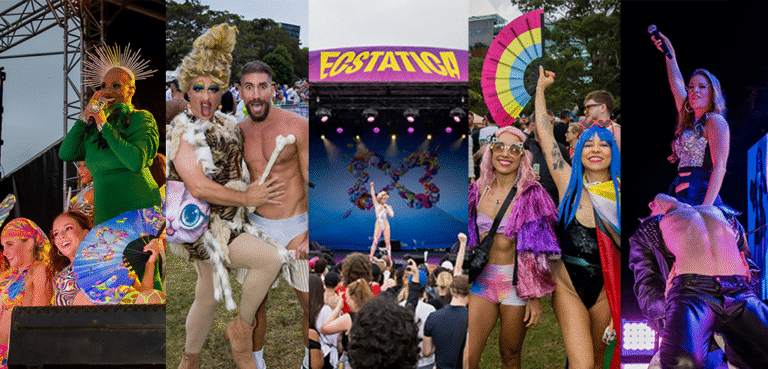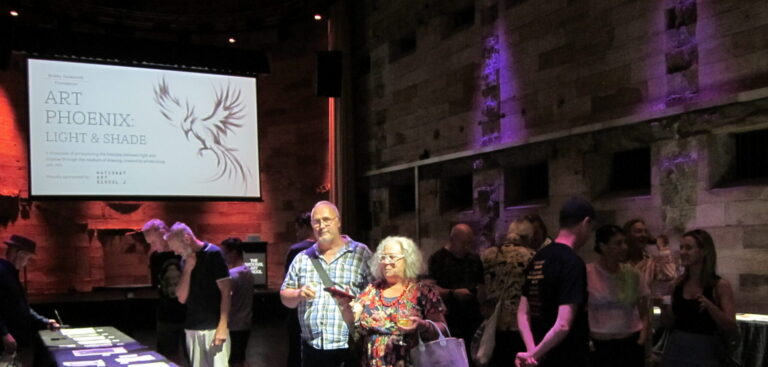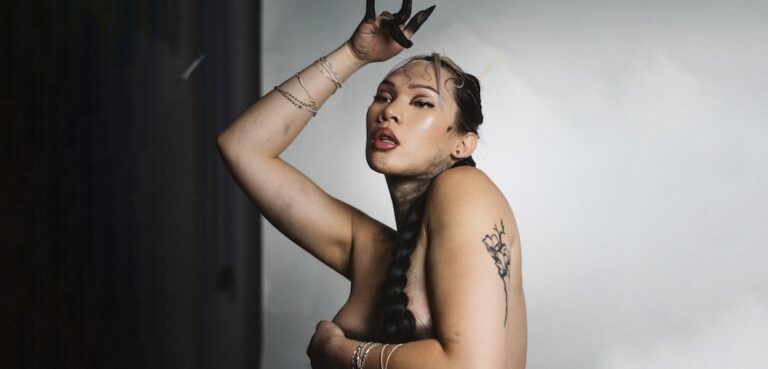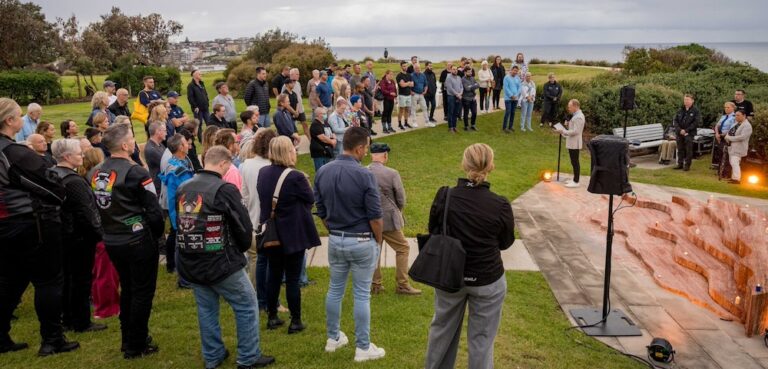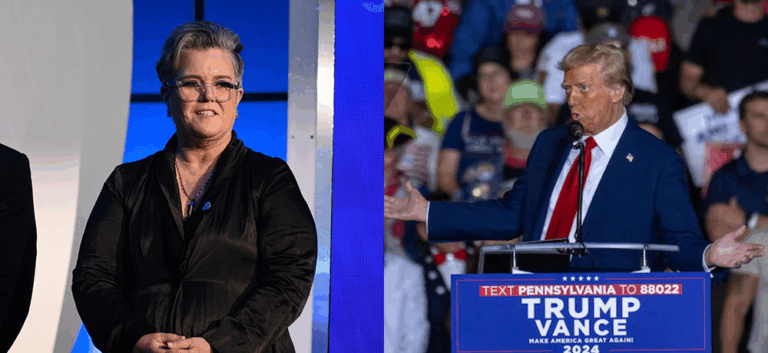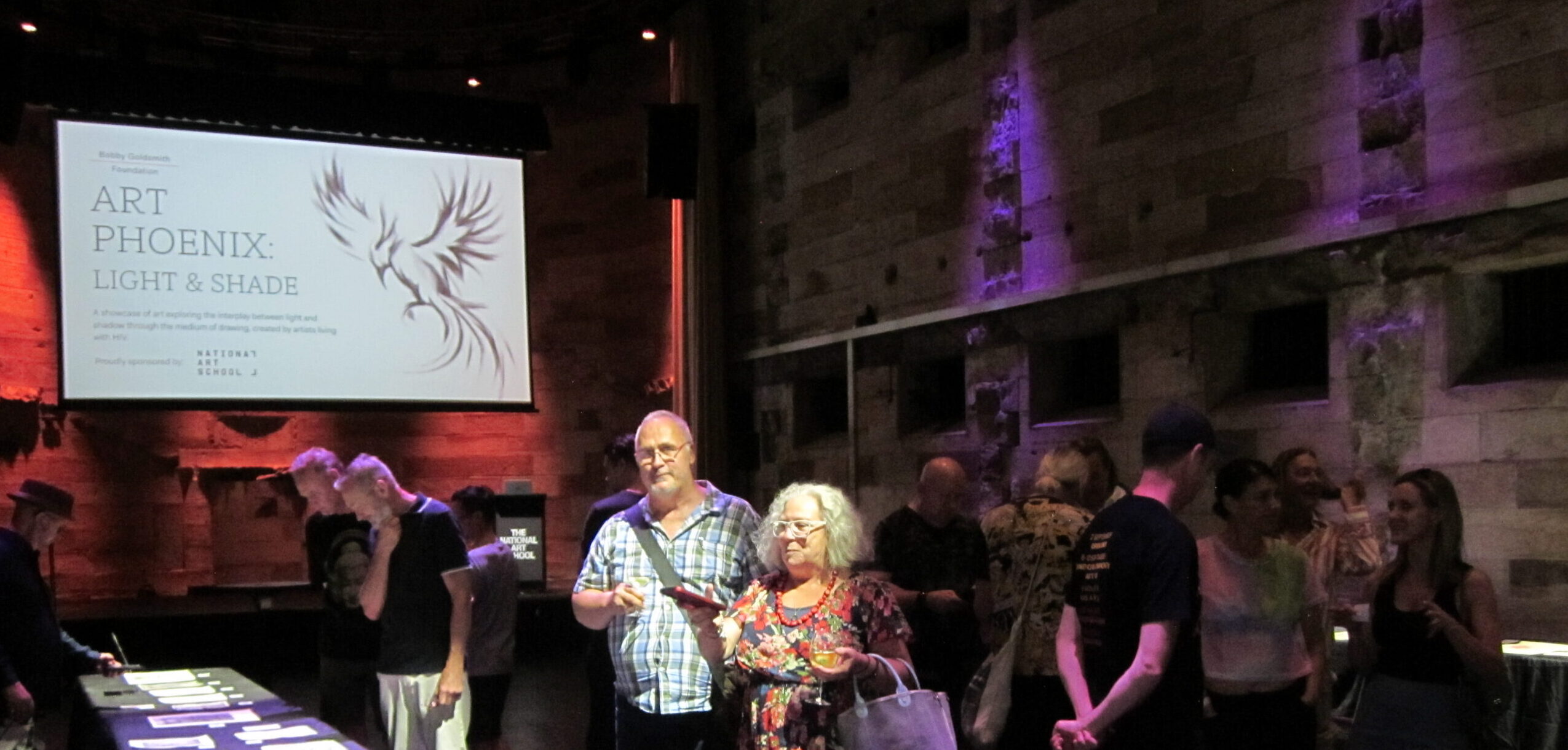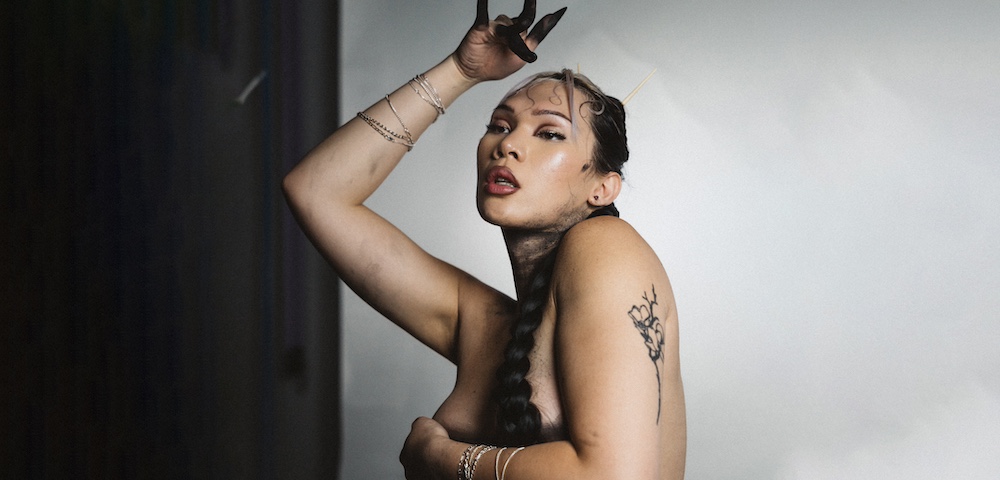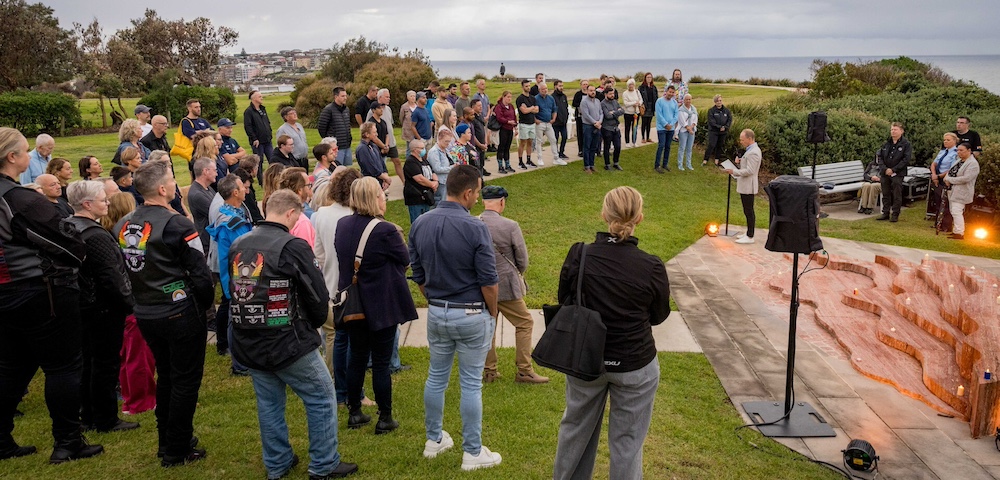
Homophobia in sport recognised
Homophobia and sexuality discrimination have been included on the national sports ‘to do’ list as areas that need priority attention.
The long-awaited Crawford report — the work of an independent panel made up of business and sporting experts and led by businessman David Crawford assessing Australian sport from elite to grassroots level — was released last week. Its findings were a sore point for the Australian Olympic Committee – but the report put smiles on the faces of gay rights advocates and researchers.
Victoria University academic Dr Caroline Symons said she was pleased the last-minute effort to raise the panel’s awareness of GLBTI issues had paid off.
“We were very happy with that,” Symons said. “You do need to have LGBT issues recognised at the policy level before you can have it flow down effectively elsewhere.”
Homophobia and sexuality discrimination have been identified among nine priority areas for governments and sports bodies to address to break down barriers preventing people participating in sport.
It took intense lobbying by gay rights activist Rob Mitchell for Symons, along with Gay and Lesbian Health Victoria director Anne Mitchell, to address the panel after it was discovered GLBTI issues in sport had not been covered in the hundreds of submissions the panel received.
Mitchell, who’s been heavily involved in advocating for greater leadership on sexual orientation discrimination in sport, said the inclusion of GLBTI issues was “excellent”.
“The recommendations are really clear,” Mitchell said.
“To use sport parlance, the ball is now very much in the Government’s and the Australian Sports Commission’s court.”
Other areas identified were women, the aging population, young people, Indigenous communities, the time-poor, those financially disadvantaged, people with disabilities and migrant communities.
The report called on the Australian Sports Commission (ASC), in consultation with government and key stakeholders, to develop strategies for each of the areas identified.
The panel said it believed sexuality discrimination had been a “largely neglected” area of sports policy.
“The ASC can play an important role working with researchers and the sports community to better understand the issues and work to build appropriate strategies for more inclusive outcomes,” the report said.
A 2004 La Trobe University study indicated same-sex attracted young people identified sporting events as one of the places they felt most unsafe from sexuality discrimination.
Symons said there wasn’t too much concern the report might be buried in debate over Olympic funding.
“Either way I think the social inclusion issue will be taken up, and I have already seen signs from the ASC that this is happening,” she said.
